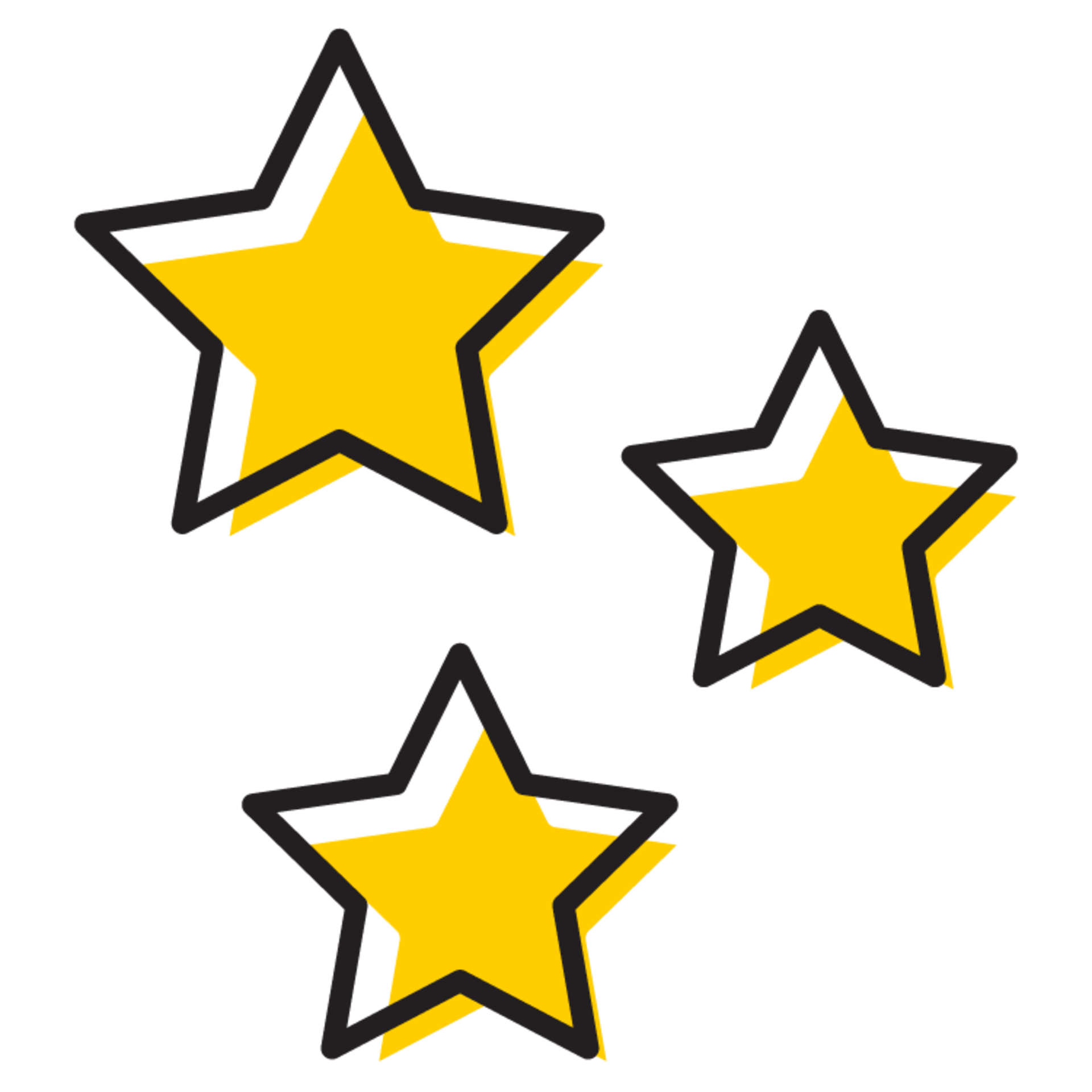The need for helping professionals in schools and rural communities continues to grow. You can make a lasting difference by studying human behaviors and helping processes.
The field of counseling and behavioral health services is abundant with career opportunities that rely on interpersonal communication and personal problem-solving. Our faculty have expertise in counseling and human behavior and will help prepare you for entry level positions in nonprofit agencies, community centers, clinics, and more.
We will also prepare you for graduate professional programs in counseling, applied psychology, couple and family therapy, and other related behavioral health fields.
With the College of Education's 10:1 student to faculty ratio, Iowa students enjoy a Big Ten university experience with a small-college feel. Faculty are on a first-name basis with students and our program provides an enriched learning environment.
The College of Education is ranked as the No. 1 college of education in Iowa and No. 31 in best education schools nationally, according to U.S. News & World Report
Because Iowa is home to the world-renowned Iowa Testing Programs, the Belin-Blank Center for Gifted Education and Talent Development, and the Scanlan Center for School Mental Health, our students have hands-on experience with and learn to excel in assessment, mental health advocacy, and helping skills.
The Scanlan Center for School Mental Health provides professional development in high-need areas such as crisis response, school mental health service delivery, social emotional learning, community engaged care models.
Our graduates go on to become world-class leaders, scholars, and innovators in many different facets of the helping professions, from addictions to corrections, mental health advocacy, and behavioral health assessment and evaluation.
Direct Admission
Direct admission is designed for first-year students applying to the University of Iowa for the fall semester. Applicants who present an ACT composite score of 21 or higher and a final high school grade-point average (GPA) of at least 3.00 are eligible for direct admission into the counseling and behavioral services major.
Regular Admission
Regular admission is available to students who have completed a minimum of 12 s.h. of graded coursework at the University of Iowa and have a UI cumulative GPA of at least 2.50.
Transfer Admission
Transfer admission is available to students who have a cumulative GPA of at least 2.50 on a minimum of 24 s.h. earned after high school graduation of acceptable graded credit.
Information

First-Year

Transfer

International
Iowa graduates have job placement rates ranging from 86-100 percent, depending on their area of study, and our Pomerantz Career Center offers multiple resources to help students find internships and jobs.
Prepare for entry level positions in the following such as:
- Case manager
- Behavioral health technician
- Research assistant
- Program navigator
- Rehabilitation assistant
- Community outreach officer
Areas in need of counseling and behavioral health services professionals:
- Schools
- Rural communities
- Non-profit agencies
- Government agencies
- Community centers
- Clinics
- Service and navigation programs
This program also serves as preparation for counseling licensure graduate degree programs.
In addition to more than 600 Student Organizations, Iowa students choose from multiple Living-Learning Communities, Study Abroad Programs, and Undergraduate Research Opportunities.
The University of Iowa provides a variety of scholarships to eligible undergraduate students through the Iowa Scholarship Portal. Scholarships are available to first-year, transfer, and currently enrolled students. For additional details on scholarships for your program of study, check directly with the department or college.
The College of Education, Office of Admissions, and the Office of Student Financial Aid are great resources for students seeking scholarships.
Completion of at least 39 s.h. of courses for the major, pairing a significant emphasis in counseling skills with courses in:
- Applied psychology
- Ethics
- Career development
- Introductions to and theoretical foundations of human services fields
Informal Concentration Areas provide a useful resource for students, in consultation with their advisors, in choosing meaningful electives that will ensure a cohesive program of study and develop skills that will enhance their future careers or graduate work. These are meant to be fluid over time to best reflect trends and issues in the helping professions.
Informal Concentration Areas include:
- Addictions
- Corrections
- School Mental Health
General education requirements to earn a bachelor of arts degree from the College of Education are the GE CLAS Core of the College of Liberal Arts and Sciences.